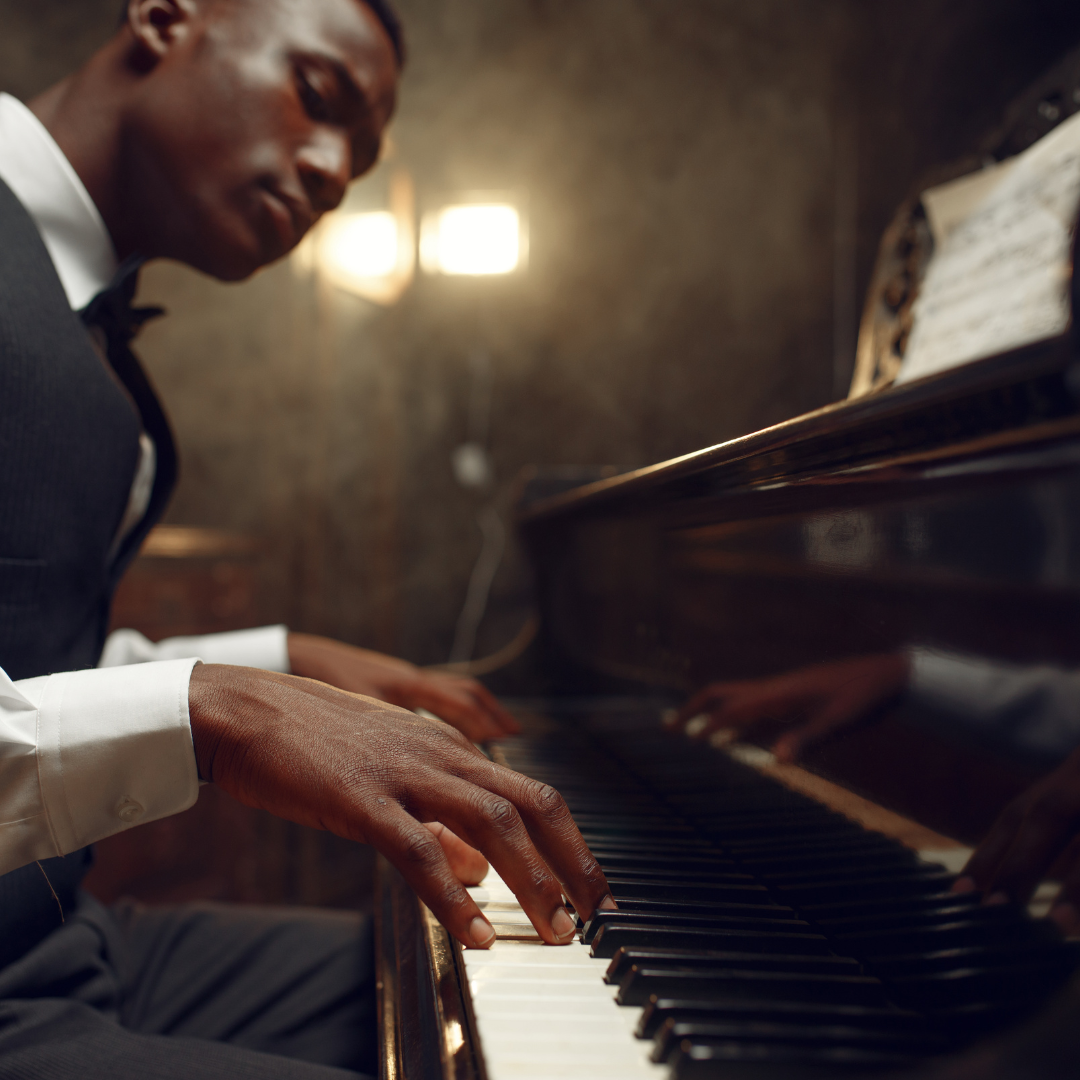Classical music has arguably been the most enduring and important aspect of Western civilization, and classical compositions have inspired countless works of art and literature. However, one of the recognized hallmarks of the classical music genre is its difficulty-not only are its compositions typically long, complex, and intricate, but classical musicians must play hundreds of notes at extremely fast speeds.
Classical piano is an incredibly rewarding hobby. It develops your musical abilities and creative thinking skills and provides an excellent outlet for your innate creativity. But how do you get started?
Here’s How to Learn Classical Piano:
Get A Good Piano
Do you want to learn how to play the piano but don’t know how to get started? Then get a really good piano! Some of the most expensive pianos in the world are grand pianos, but that isn’t necessary. There are plenty of cheaper pianos out there that are also excellent instruments. Consider a used piano or a used grand piano if you can afford one.
Choose A Song You Like
Few things are more rewarding than learning to play the piano. Learning how to play it is a lifelong pursuit that begins in childhood. Music is all around us. Learning to play an instrument is a skill that can enhance both your quality of life and your professional success. If you are interested in learning a piano, you need to start somewhere, so why not begin with a song that you enjoy? Learning how to play this instrument is a journey, and choosing a song that you truly enjoy will give you the ability to stay motivated and on track.
Learn The Piano Basics
You have heard the saying that practice makes perfect. It is no exaggeration, and learning the piano is no different. Learning the basics, such as how to hold your arms, push the pedals, play the appropriate chords, and properly press the keys on the keyboard, are essential to both your learning and enjoyment. You may be pondering “Is piano hard to learn?” If you are, then you need to remember that everyone starts somewhere, and your success will match your determination.
Learn To Read Music
Learning piano is a bit like learning a new language. It takes a lot of practice and patience to read sheet music when you first start, but as you practice more, you will begin to learn to read music. Since music is a language that you can read, you can learn to play the piano as long as you put in the time.
Practice
Learning the piano can be difficult, but it is something you can enjoy for the rest of your life once you learn. Learning to read music is the first step. This may seem confusing at first since reading music is very similar to reading English. However, the key is to practice and practice. Learning piano is a very rewarding activity, but getting started can feel intimidating. Practice is the key to mastering your instrument, but memorizing a piece of music can be an even bigger hurdle to reaching your goal. Don’t worry, though, because there are several ways to learn how to read music, and it doesn’t take long to learn the basics.
The idea of playing classical music on a traditional piano is downright magical. For most of us, however, the thought of reading sheet music can be a daunting task. Fortunately, there is a way to learn how to play the piano and still enjoy the music you love. According to the Hollywood Piano Institute, there are a variety of ways you can learn to play, from online tutorials to piano lessons. By learning piano basics, you can familiarise yourself with different notes, scales, and arpeggios, giving you the foundation on which to build your skills.
The piano is an instrument that has been around for centuries, and people who become skilled in it always say they wish they’d started years ago. Learning to play the instrument isn’t as hard as it may seem, though, and it can be done in months rather than years. It is a wonderful instrument to learn and one that many people take years, if not decades, to master. To become proficient with the piano, you must learn all the notes and then learn how to play each note, using the keys on the piano as your fingers.
